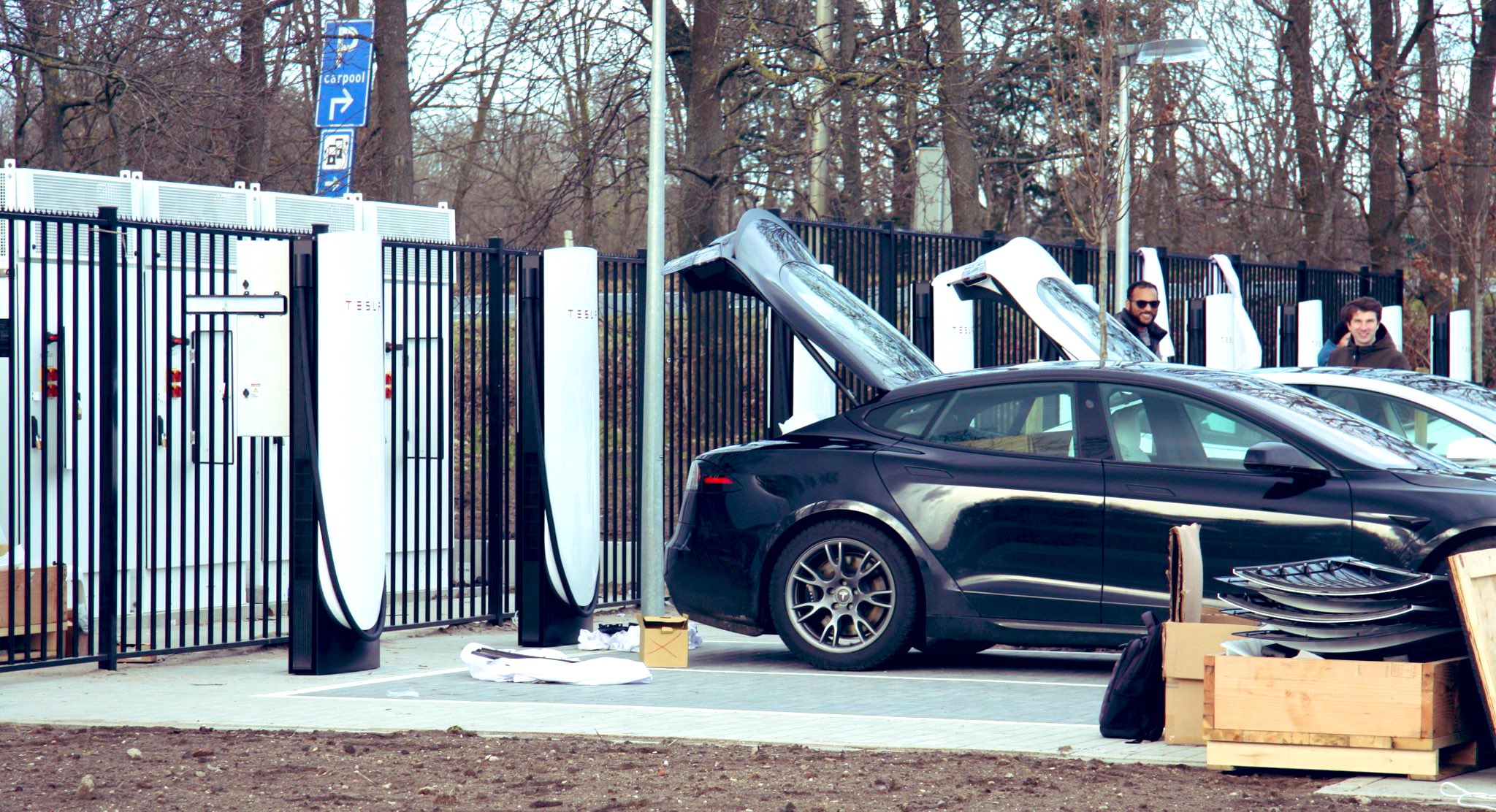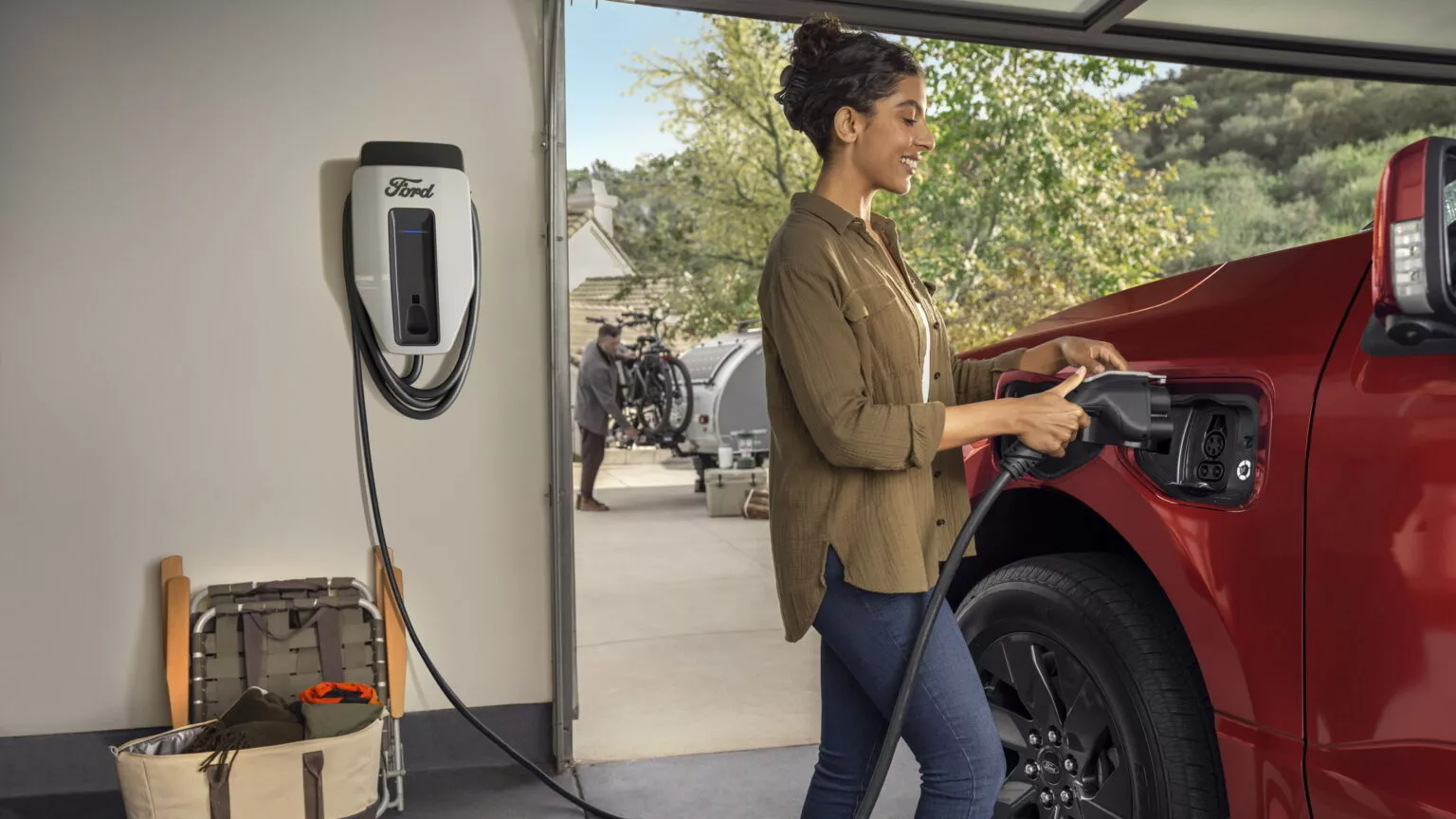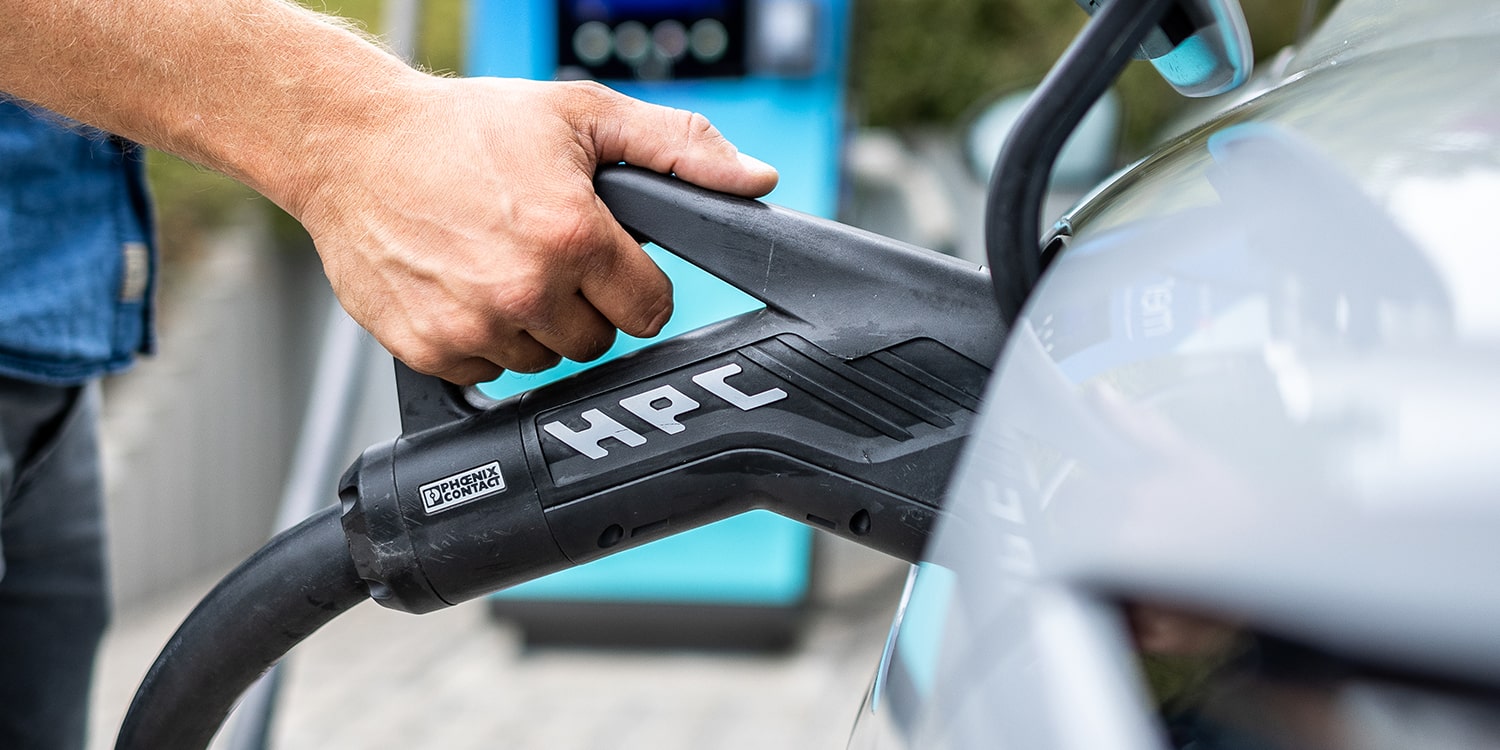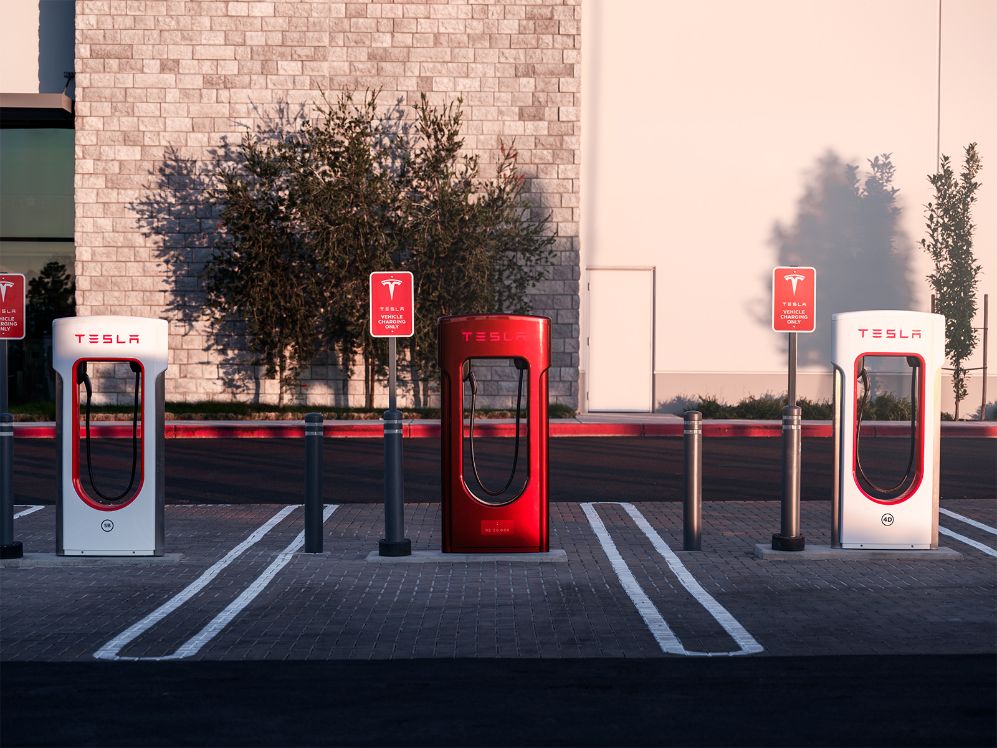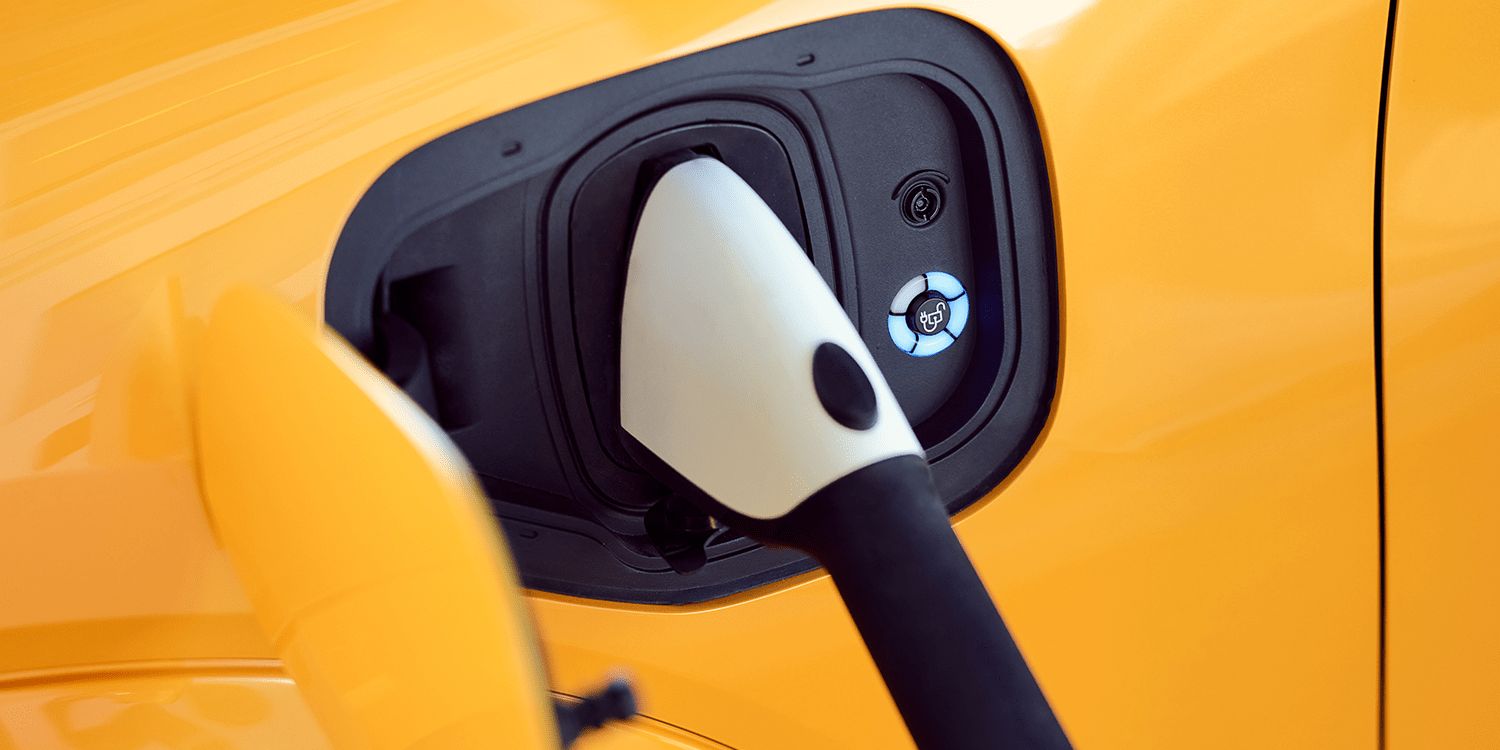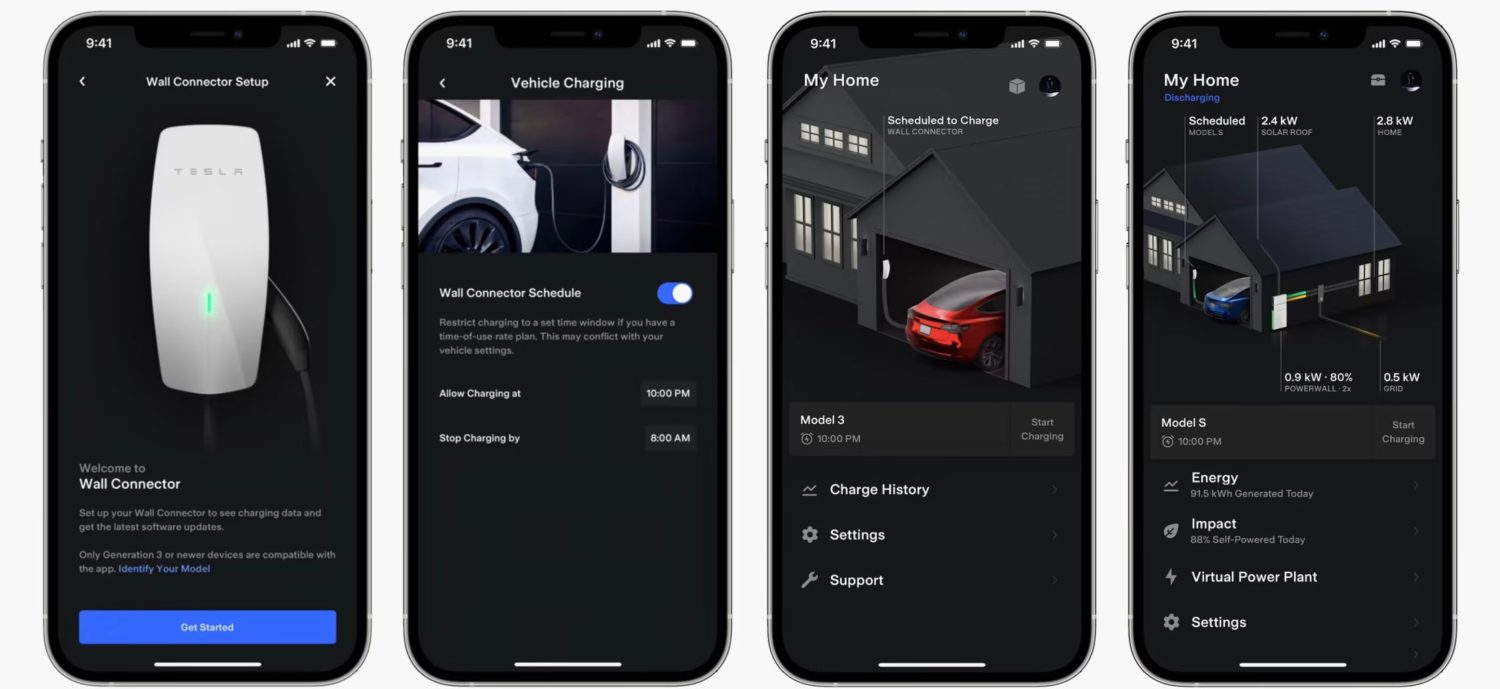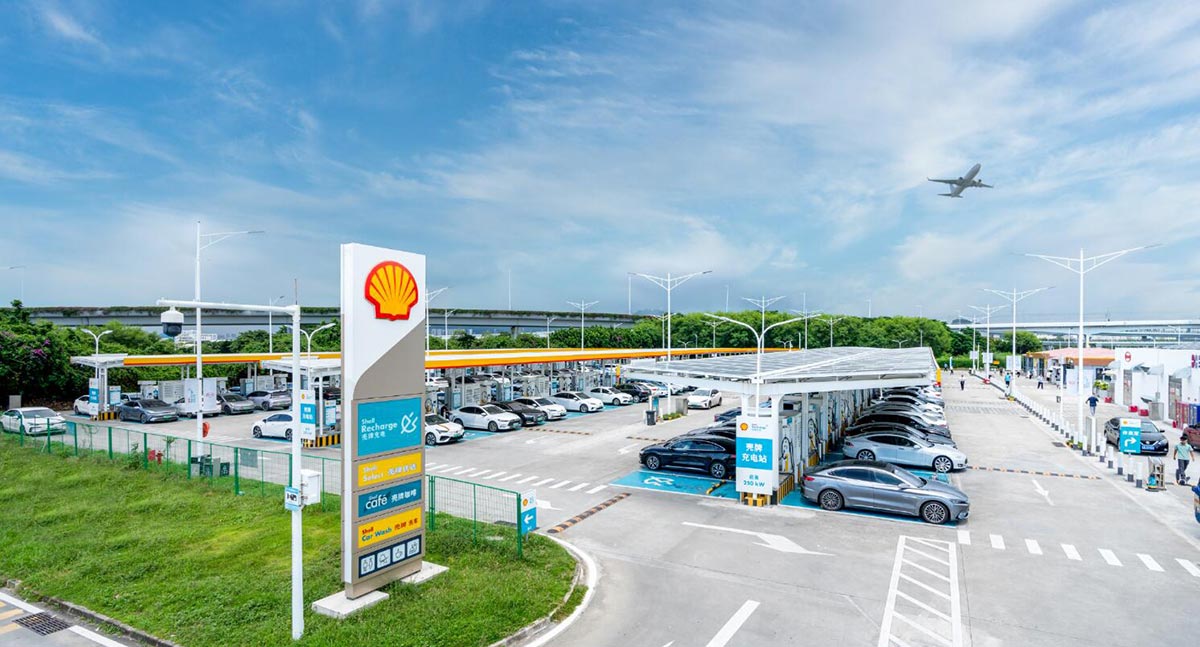Tesla is set to receive approximately €148.7 million ($150 million) in funding from the European Union (EU) to establish and upgrade 7,198 charging stations, each boasting a formidable output of 250 kilowatts. This ambitious initiative will span 687 locations across 22 European countries, according to an announcement by the European Commission.
Tesla’s success in securing this funding is part of the Alternative Fuels Infrastructure Facility (AFIF) call for proposals, which selected 26 projects, collectively garnering EU grant support exceeding €352 million ($377 million). Remarkably, Tesla, the American electric vehicle (EV) giant, clinched approval for two projects, one submitted by Tesla Italy and another by Tesla Poland, making it the largest beneficiary, receiving roughly 44% of the total funding allocation.
See also: US and EU Negotiate Agreement on Critical Minerals for Electric Vehicle Batteries
The Italian subsidiary’s project targets the deployment of 6,458 charging points, each capable of delivering 250 kW, spread across 613 locations in 16 countries. These countries include Austria, Belgium, Bulgaria, Germany, Spain, Finland, France, Ireland, Italy, Latvia, Lithuania, Luxembourg, Netherlands, Romania, Slovakia, and Sweden, strategically positioned along the Core and Comprehensive road networks.
Simultaneously, the Polish subsidiary will receive EU funding to install or replace 740 charging points, each with a 250 kW output, distributed across six countries, namely Czechia, Greece, Croatia, Hungary, Poland, and Slovenia.
European Commissioner for Transport, Adina Vălean, emphasized the significance of these investments, stating, “The numerous applications for AFIF funding received underline the transport industry’s interest in pushing ahead with the switch to more sustainable transport – on roads, in the sky, and at sea. Our investment of €352 million will translate into approximately 12,000 charging points, 18 hydrogen refueling stations, and the electrification of ports and airports, including the port of Rotterdam and 37 Spanish airports.”
This latest round of EU grants follows the Council of the European Union’s adoption of new regulations aimed at facilitating electric vehicle adoption. The regulations mandate the installation of fast charging stations with at least 150 kW capacity for cars and vans every 37 miles (60 kilometers) along the Union’s primary transport corridors, known as the “trans-European transport (TEN-T) network,” starting from 2025.
See also: European Union plan to effectively ban new petrol and diesel car sales from 2035
Furthermore, the regulations stipulate that charging stations along the vital roads connecting major cities and nodes, referred to as the TEN-T core network, must be capable of delivering a total output of at least 400 kW by the end of 2025, with at least one stall offering a minimum of 150 kW individually.
Though not explicitly mentioned in official documents, it is highly likely that Tesla will utilize the EU funding to deploy its V4 Superchargers, capable of delivering 250 kW and featuring contactless payment options, aligning with the new regulatory requirements.

